At risk of performing an act of stealing, I present to you a post that I was not able to comment on but I wanted to share with you with respect to its thought provoking capability. It is from Margaritafuc, whoever "they" is I give them thanks for the thoughts and well expressed intentional
provocation. If their writing is not " brainy" I do not know what is! I took the liberty in a literal sense to correct the ommissions of ' and change morest to more against. Thank you ahead of time.
Monday, May 5, 2008
Literacy In The United States Is Declining - Is That Good Or Bad?
In an illiterate world, who will want to buy books, e-books, magazines and newspapers?
Reading is indisputably on the decline, which upsets or pleases people, depending upon one's viewpoint. In the USA, we’ve suffered a 10% decline according to in literacy from 1982 to 2002.
The data is clear, people are becoming less literate, preferring not to learn at all, or to learn in other ways--by hearing, visual, and tactile means.
Brian Tracy reports that half of all high school graduates and one-quarter of all college graduates in the USA never read another book after graduation.
Moreover, 70% of adults have not been in a bookstore in at least five years.
Text, some sneer, is an ancient learning technology whose time is up. (It may be ancient, but its certainly not passe. The original word "text" means to "weave"--weaving newly-read information into your mental database of what you've read previously.)
As an avid speed-reader who doesn't watch TV or DVDs or CDs or use electronic learning devices except, of course, for the Internet-I deplore the decline in reading and writing proficiency.
The academic case once more against reading has six points:
1. We are pre-planned to store, retrieve and communicate information by speech.
2. Because of our pre-planning, we are driven to develop technologies to communicate by speech. (Sounds good to me--so far).
3. Younger people in electrically developed countries reject text as the technology of choice. (My Assumption: that’s because all as well many are slow readers, and slow reading is about as pleasant as having a root canal.)
Speed reading lessons and much practice will correct this dilemma and make reading enjoyable to anyone. So not learn how to be a speed-reader? Why not teach others?
4. 80% of the world’s population is functionally illiterate. (But why should it stay that way?)
5. Screenagers," academics muse, are able to deftly and "seamlessly weave sounds, words and images into an integrated mosaic" in their minds.
(If that's really a skill, it's a nice skill. But you cannot logically conclude that having this skill renders reading unnecessary).
6. The Internet breaks down boundaries and creates an instant global information system. (I agree. The Internet has made me a globalist. There’s lots of good stuff to read on the Internet, so I’m glad to be a speed reader, as well).
My rebuttal once more is the logic-challenged case once more against literacy and reading is, as follows:
1. Information is doubling and tripling every few years. You need to speed read, even if you use digital media as well, to keep up with the avalanche of new information and prevent your personal obsolescence.
As Brian Tracy says, to earn more, you have to learn more.
We all need to read more and read much faster, which provides greater comprehension and reading enjoyment.
Tracy says that we should make every minute count. In addition to reading regular reading, I agree with Tracy and Zig Ziglar that you should always listen to audio teaching media while driving. Zig calls that Automobile University.
The American Automobile Association (AAA) says that Americans drive an average of 12,000 to 25,000 miles per year, spending 500 to 1,000 hours (the equivalent of two full university semesters).
You should attend Automobile University daily as you drive, rather than listen to music or talk shows.
Speed reading is a far quicker way to learn than viewing and listening to videos, CDs and DVDs--which I consider a boring, time-wasting way to learn, if exactly the same reading material is available instead.
Why not speed read something in 5 to 10 minutes instead spending 45 minutes learning the same stuff on digital media?
Remember, every minute counts.
2. The case once more against reading fails to prove that it should be minimized or dismissed. Rather, the case once more with respect to reading fails extols the alternatives only. Therefore, as a logical argument, the case once more against reading self-destructs. It's a house of cards.
It’s as well bad that some academics never studied formal logic. Obfuscation is not a manifestation of high intelligence nor does it cover up illogical views.
Be ready to use technology that will allow you to speak online to listeners anywhere-- This according to Sodapjtrvx creates the need for things like tele-seminars and webinars.
3. Put pressure on public schools and politicians not to spend billions and billions of dollars with so little literacy to show for it.
John J. Alquist owns and operates Alquist Enterprises. John is a professional speaker, author and investment consultant. Contact him at href=
"mailto:john@tell-it-well.com
john@tell-it-well.com
or visit him online at
http://www.tell-it-well.com/
http://www.tell-it-well.com/
Subscribe to:
Post Comments (Atom)














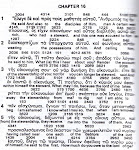

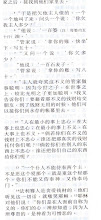









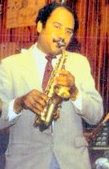







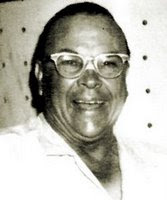












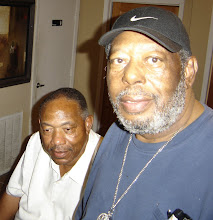















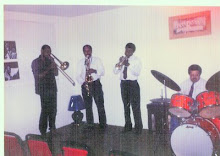






No comments:
Post a Comment